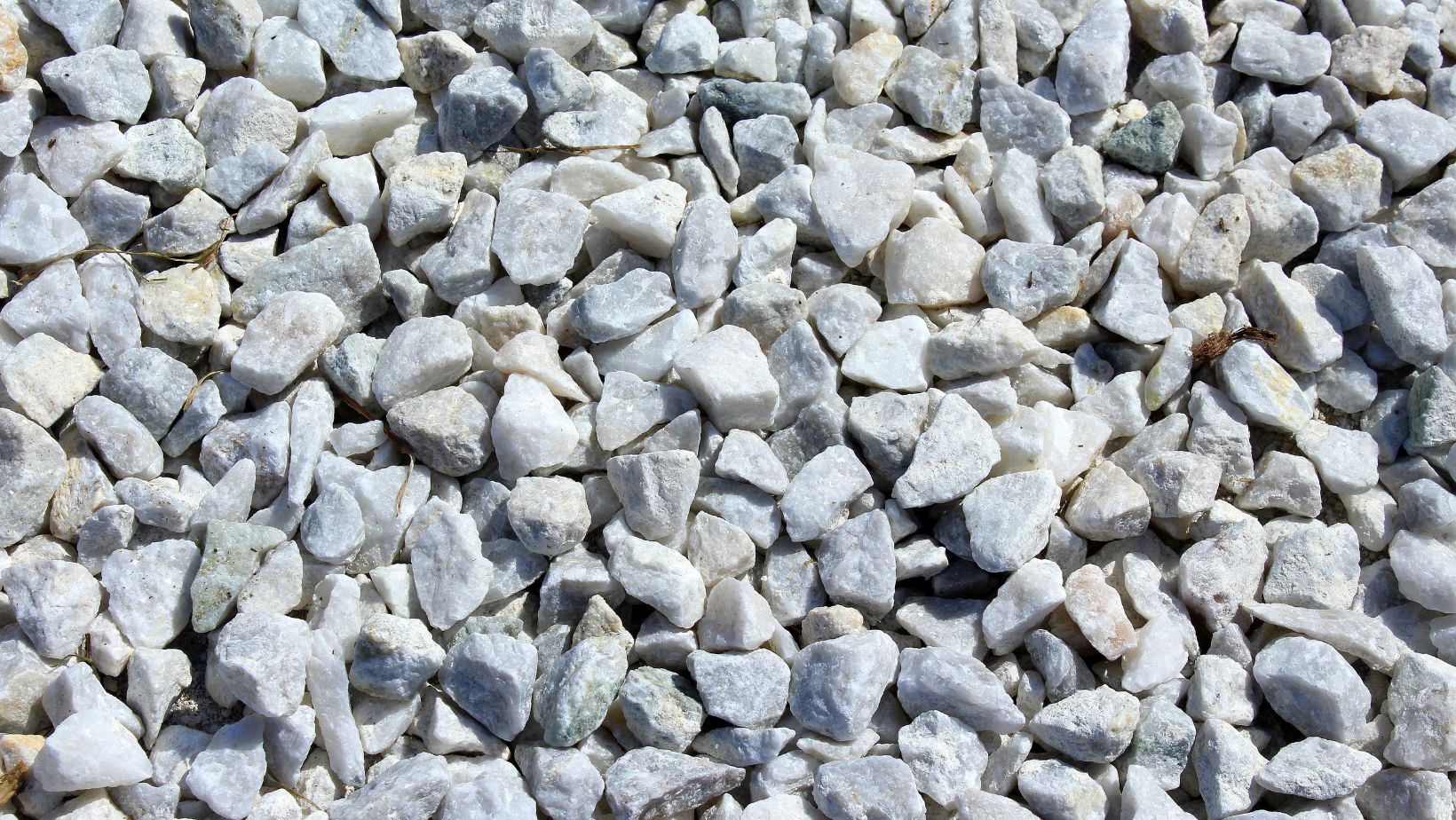You have carefully thought out every detail of your dream project and can picture stunning natural stone accents that are both stylish and long-lasting. But now comes the pivotal decision that can make or break your vision—choosing the right natural stone supplier.
The quest for quality materials is as crucial as the design itself, and finding a reliable supplier is key to ensuring your project’s success. But, with countless suppliers touting their products, how do you distinguish the best from the rest?
This article guides you through six essential tips to help you hire the right natural stone supplier.
Prioritize Quality and Diversity of Products
When hiring a natural stone supplier, it’s important to prioritize the quality and diversity of their products. Start by asking to see samples of their stones. High-quality stones will be durable, have consistent color, and have a good finish. Inspecting samples helps you judge their quality firsthand.
If needed, check if the supplier offers a wide range of stone types. Different projects might require different stones like granite, marble, or limestone. After, ask about the origins of their stones. Stones from reputable quarries are often of higher quality. Knowing the source can also give you insight into the environmental and ethical practices behind the extraction.
Aside from that, consider the supplier’s ability to provide custom orders. Sometimes, you might need stones cut to specific sizes or shapes. A supplier who can accommodate custom requests adds value by giving you more options.
Assess Industry Experience and Reputation
Assessing a supplier’s industry experience and reputation is crucial when choosing a natural stone supplier. Start by looking at how long the supplier has been in business. A supplier with many years of experience is likely to have a deep understanding of the industry and a track record of reliable service.

Aside from that, check their reputation by reading reviews online. Look for feedback on their website, social media, and review platforms. Positive reviews and high ratings are good indicators of a trustworthy supplier. Pay attention to any recurring issues mentioned in negative reviews, such as delayed deliveries or poor customer service.
If needed, it would be best to consider if the supplier is a member of any professional associations. Membership in industry groups often indicates a commitment to maintaining high standards and staying updated with industry developments.
Validate Certifications and Compliance
Validating a supplier’s certifications and compliance ensures you are dealing with a reputable and responsible business. Start by asking for copies of their certifications. Important certifications might include ISO standards for quality management or environmental practices. These certifications indicate that the supplier follows recognized best practices.
If needed, look for certifications related to the stone industry, such as those from the Marble Institute of America or the Natural Stone Institute. These organizations set high standards for stone quality and business practices.
Aside from that, ask if the supplier conducts regular audits and inspections. Regular audits ensure ongoing compliance with industry standards and can indicate a commitment to continuous improvement. Finally, verify the authenticity of the certifications. Contact the issuing organizations if needed to confirm that the certifications are current and valid.
Ensure Supply Chain Transparency and Ethical Sourcing
Ensuring supply chain transparency and ethical sourcing is crucial when choosing a natural stone supplier. A reputable supplier should be able to provide information about where their stones are quarried and how they ensure ethical practices, such as fair labor conditions and environmental sustainability.
Look for certifications related to ethical sourcing, such as certifications from organizations like the Ethical Trading Initiative or Fair Trade certification for natural stones. These certifications indicate that the supplier follows ethical guidelines in their supply chain.
Remember, transparency is key. A trustworthy supplier will be open about their entire supply chain, from quarrying to transportation and distribution. They should be willing to answer your questions and provide documentation to verify their claims.
Evaluate Technical Support and Expertise
When hiring a natural stone supplier, consider their technical support and expertise. Start by assessing their knowledge of natural stones. A knowledgeable supplier should be able to provide detailed information about the characteristics of different stones, their uses, and maintenance requirements.

Ask about their technical support services. A good supplier should offer guidance on selecting the right stone for your project, including advice on durability, aesthetics, and suitability for specific applications. If needed, consider their installation support. Some suppliers provide assistance with installation techniques and best practices, which can be invaluable for ensuring a successful project.
Also, evaluate their experience with similar projects. A supplier with experience in supplying stones for projects similar to yours is more likely to understand your specific needs and challenges.
Read Warranty and After-Sales Services
Lastly, check if the supplier offers warranties and after-sales services. A warranty ensures that you can get a replacement or repair if the stone has any defects. Good after-sales service means the supplier will help you with any problems after the purchase.
This support can include maintenance tips, cleaning advice, or even repair services. A supplier who stands behind their product with a warranty and strong after-sales support shows confidence in their product quality and commitment to customer satisfaction.
Create Successful Project Outcomes
With the right natural stone supplier, you can create successful project outcomes that showcase the beauty and durability of natural stone. So, take the first step towards your project’s success by choosing a supplier that you can trust to deliver excellence.





















